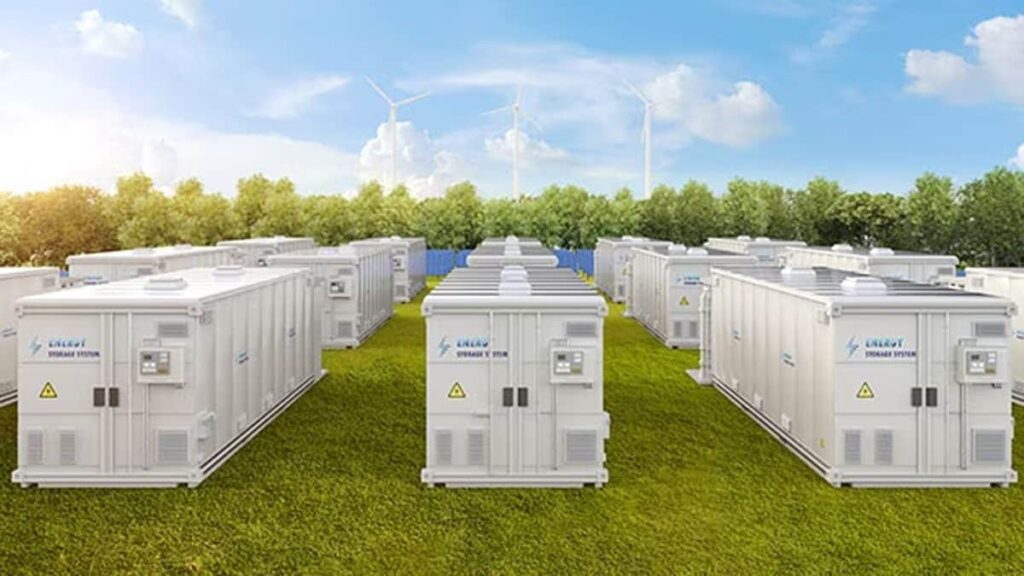Replus, a division of LNJ Bhilwara Group battery, is growing large. It announced on 31st March 2025 that it would double its manufacturing capacity to 6GWh from 1GWh in a year. It is to support the demand for electric vehicles (EVs) and grid-scale storage in India. This is what is happening and why it is important.
A Massive Expansion
Replus is increasing the Pune plant capacity to 6GWh by 2026. High-speed automated advanced battery packs will be made. These will be applied to power electric passenger vehicles, buses, trucks, and even renewable energy plants of grid scale. “At LNJ Bhilwara Group, we have always been trendsetters in driving clean energy technologies in our diversified business endeavors,” said Riju Jhunjhunwala, Vice Chairman of LNJ Bhilwara Group. He also stated, “The expansion of the Replus plant to 6GWh is a milestone in our journey to propel India’s sustainable growth and energy transition.”
Why the Push?
India’s energy storage and EV market is booming. EVs are selling off the lots, and renewable energy needs reliable storage to stabilize the grid. Replus will fill the gap with India-made batteries. The facility upgrade will also manufacture liquid-cooled Battery Energy Storage System (BESS) containers, a massive technology for utility-scale energy projects. This aligns with India’s Atmanirbhar Bharat program, which is focused on self-reliance in production.
Key Highlights
- Capacity Leap: From 1GWh today to 6GWh by 2026.
- Target Segments: EVs (cars, buses, trucks) and grid-scale energy storage.
- Technological Upgradation: Liquid-cooled BESS containers and high-speed automation.
- Country Objective: Aligns with India’s vision of self-reliance.
Challenges In The Pipeline
Scaling up is not easy. Establishing a 6GWh factory takes enormous amounts of money, specialized workers, and incessant raw material availability. Supply chain problems from all over the world can delay it. And competition is also mounting as others enter India’s battery arena. But Replus has a reasonable headstart, its factory in Pune has been operational since mid-2022.
The Bigger Picture
India’s demand for batteries is burning. According to the International Energy Agency report, global battery cell production capacity expanded more than 45% during 2023, dominated by China with about 90% of cathode manufacturing. Replus-based growth places India in line with an imports reduction. EVs and grid storage service two out-of-control market sectors. It’s a win for jobs as well as for indigenous technology.
A Step towards Sustainability
Replus isn’t just making batteries—it’s building a greener future. Its website says, “By combining homegrown innovation with global standards, we’re tackling worldwide energy challenges.” Batteries from the expanded plant will store solar and wind power, making renewables more reliable. They’ll also power EVs, cutting down on fossil fuel use.
Replus’s 6GWh target is a risk India’s power requirements will be worth it. With the expansion, the company is stepping into new terrain, ready to drive EVs and grids across the country. It’s a ray of hope in India’s clean energy story.

